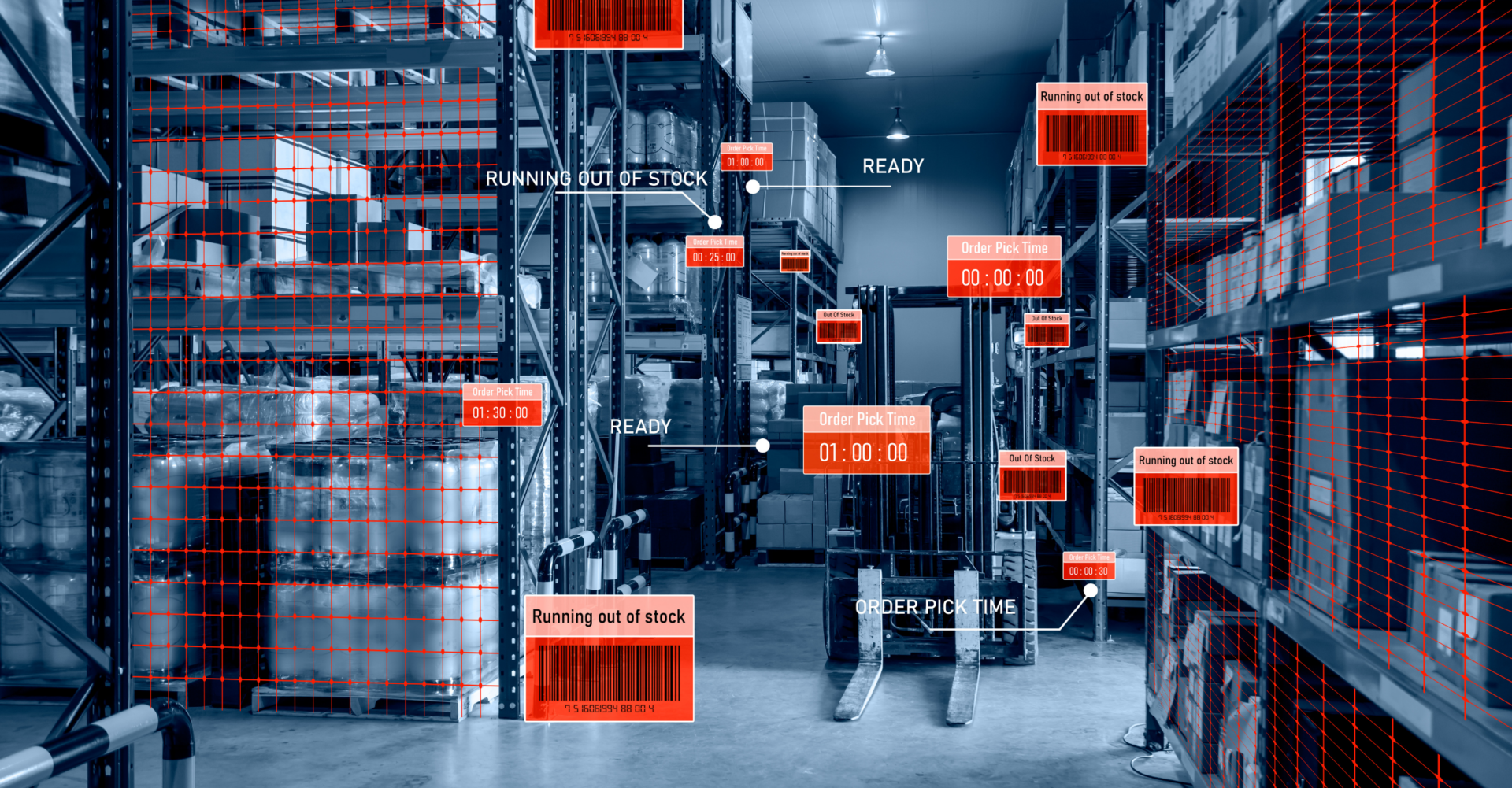
IT Company In Atlanta, GA: Understanding The Difference Between Software & IT Companies
In today’s technologically driven world, it’s essential to differentiate between IT companies and software companies. While they both operate within the same industry, understanding their distinct roles and functions is crucial for organizations seeking optimal operational efficiency. In this blog post, we will clarify the differences between IT companies and software companies, providing insights into their core responsibilities and areas of expertise.
Differentiating IT Companies and Software Companies:
The term “IT” encompasses a broad range of technologies, computers, and software used to achieve operational efficiency. IT companies cover a comprehensive array of services, while software companies focus solely on software development. Although they share similarities, it’s important to recognize their individual roles. Let’s define each company type to gain more clarity.
What is an IT Company?
An IT (Information Technology) company oversees the utilization of devices for storing, retrieving, and transmitting information. They play a vital role in ensuring the smooth operation of technology systems within organizations.
What is a Software Company?
A software company specializes in creating various types of software products. They are responsible for software technology, distribution, and product development. Their focus lies in delivering high-quality software solutions to address specific needs.
Understanding IT Companies:
IT companies are responsible for various key functions that contribute to the success of businesses. In addition to managing computer systems, these companies enable organizations to leverage technology effectively. Their daily tasks generally fall into three categories:
Function:
IT companies ensure that operations run smoothly within organizations. They maintain and troubleshoot devices, ensuring data security and proper functioning of computer systems. They also provide technical support, install new software and hardware, and manage device, software, and data resources across the organization.
Infrastructure:
IT companies establish and maintain the necessary systems and networks based on the specific requirements of the organizations they serve. They handle hardware, network infrastructure, and other components essential for organizations to function efficiently.
Governance:
IT companies oversee the use of systems and networks within organizations. They establish guidelines and policies for technology usage, determining access levels and data security parameters. These policies ensure effective governance and compliance with industry standards.
Understanding Software Companies:
Software companies play a significant role in facilitating communication and collaboration among teams. They are primarily focused on developing software programs that enhance productivity and streamline operations. Key areas of focus for software companies include:
Development:
Software companies specialize in creating software products. Development is the core process through which they bring ideas to life. They employ methodologies like agile development, emphasizing continuous integration, collaboration, and testing to deliver high-quality software solutions.
Design:
Design is a crucial aspect of software development. Software companies take project requirements into account and translate them into user-friendly products. User experience and usability are carefully considered during the design phase, often involving extensive testing to ensure optimal functionality.
Programming:
Programming forms the foundation of software development. Programmers within software companies write code to bring software products to life. They ensure that the software serves its intended purpose and is reliable. Additionally, software companies may also provide maintenance and support services for existing software or implement necessary changes.
Bringing IT and Software Together:
The fundamental distinction between IT companies and software companies lies in their primary focus. Software companies create, modify, or maintain software products, while IT companies ensure that systems, devices, and software work seamlessly to support organizational processes.
Conclusion:
Understanding the distinction between IT companies and software companies is essential for organizations seeking to optimize their technology resources. While IT companies oversee system operations and ensure technological efficiency, software companies specialize in developing innovative software solutions. Recognizing their unique roles allows businesses to make informed decisions when engaging with the appropriate company type.
For more information about BECA or to get a free quote for IT Services, visit our website https://becacorp.com/ or call us at 404-633-2551. We strive to be the best IT services in Atlanta, GA. You can trust BECA to always provide satisfaction guaranteed IT services.
[max-details title=”About Atlanta, GA” location=”Atlanta, Georgia” limit=”10″]
[max-neighborhoods title=”Areas In Atlanta, GA” location=”Atlanta, Georgia” limit=”9″ sort=”desc”]
[max-activities title=”Things To Do in Atlanta, GA” location=”Atlanta, Georgia” address=”3237 Satellite Blvd. Suite 220 Duluth, Georgia 30096″ limit=”12″ sort=”desc”]
Share the IT Brain Power
More from the BECA Blog



